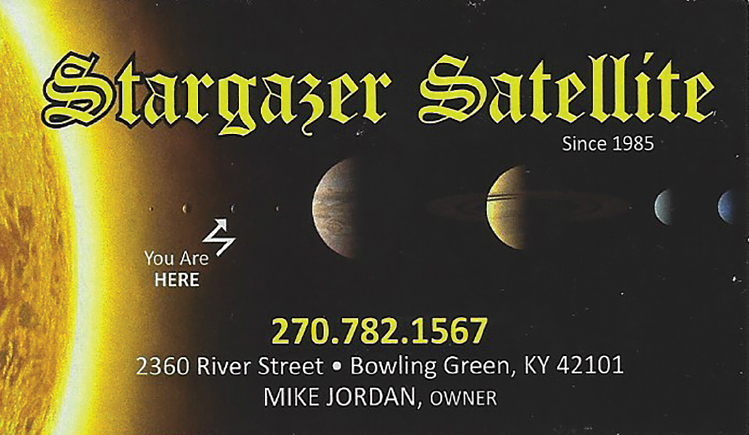
The damaging effects of peripheral neuropathy (PN) are slow and progressive. Unfortunately, by the time you notice the symptoms the condition has long been developing. Symptoms of burning, tingling, numbness, cramping or electric shocks in your feet and legs can leave you feeling hopeless and depressed. I’ve had patients come into my office where they have been told that getting better would be impossible. I’m here to tell you that your body never stops trying to heal if given the right therapeutic environment. Damaged peripheral nerves can regenerate and heal. When peripheral nerves heal, the suffering symptoms of PN can be reversed.
In full transparency, this article is not meant to give you all the answers of how to heal your peripheral neuropathy. You may then want to ask, “Then why am I reading this?” My mission in this article is to give you hope. To remind you that inside you there is a greater healing force than your own. To remind you that inside that aging body there still remains a God-given healing power. God gave each of us the ability to heal if we give our body the right environment. The same healing power that healed that scraped knee and that broken bone still resides inside you. That healing power won’t leave you until you leave this earth.
Sometimes our ability to heal seems to disappear or not work right. I have had many patients tell me that over the years their PN has continually worsened. In an effort to help, they were told to continually increase their medicine. Understandably, this often leads to frustration and despair. Despite medication, their bodies were just getting worse.
How is that possible? If our bodies were made to heal, then why wasn’t their PN healing? The answer is because their solution wasn’t the right solution. The environment for healing wasn’t right. If you have a plant that you want to grow then you need to give it good soil (nutrients), water and sunlight. If you remove one of the three then the plant won’t thrive. With PN we need to give the body the proper healing environment.
The most common drugs given are Gabapentin and Lyrica. These are anti-epileptic drugs which are also called anticonvulsants. These drugs affect chemicals and nerves in the body that are involved in seizures. They are also used for the treatment of nerve-related pain. In some cases, they do provide pain relief. In many cases, though, they do not stop the progression of PN. Often the dosage will have to be increased to remain effective.
The difficult thing about neuropathy is knowing when you have it. You see, peripheral neuropathy starts differently for everyone. There are over 100 different causes for PN. The ending result is the damage to the nerves. Most commonly it affects the extremities (arms, hands, legs and feet.) When the nerves become damaged it can affect different types of nerve fibers.
Some of the nerve fibers that begin to die control your autonomic nervous system (this is where the nerves work and control your body without your conscious input). Other nerve fibers that are affected control your muscles and can either cause them to become weak or to spasm. The other type of nerve fibers that can become damaged are the sensory nerves. This can cause all different type of sensations in your arms, hands, legs and feet.
Some people just feel numbness in their toes and feet. Others feel like their feet are burning and are on fire. Some feel weakness in their legs or an increase in muscle spasms. Others feel electrical shocks through their feet and legs. Some have extreme sensitivity when their feet touch anything. If that isn’t confusing enough, some people don’t have any weird sensations. Some people just start to lose their balance when they stand up or walk.
Regardless of your cause or your symptoms, if you address PN with a head-on comprehensive approach, healing and reversing the condition is absolutely possible. From the moment you are born until the moment you leave this world your body is continually trying to self-regulate and self-heal. This doesn’t stop when you get PN. The National Institute of Neurological Disorders and Stroke has stated, “With proper education, some people may be able to reduce their medication dose or manage their neuropathy without medications. Definitive treatment can permit functional recovery over time, as long as the nerve cell itself has not died.”
Just last week one of our patients who has only been working with me a short while gave me his feedback. “I’ve had neuropathy for approximately eight years and it gets worse and worse. I went to five different doctors, including in Kentucky, Tennessee and Florida. All of them told me there was nothing that could be done and I would have to live with it. Now I have been doing care here for two-and-a-half weeks and I am really tickled. I am doing good. I’ve lowered the pain in my feet by 95%.” –Donald B.
Although Donald still has a lot of healing to do, he is already experiencing the benefits of a solid comprehensive approach to treating his peripheral neuropathy. Not to mention he is off all neuropathy medication. Don’t for one second give up on yourself or forget what your Creator has done for you. God created us with the amazing ability to heal and recover when we put our bodies in the right environment. If you have peripheral neuropathy, I hope this article gives you encouragement to keep working towards health and healing.
-by Dr. Brandon Crouch
About the Author: Dr. Brandon Crouch is a Chiropractor with Crouch Family Chiropractic (www.crouchfamilychiro.com). Although his primary care is the spinal adjustment, Dr. Crouch also uses a cutting-edge natural protocol specifically for those suffering with peripheral neuropathy. If you have questions or comments, Dr. Crouch can be reached at 270-842-1955 or via email at: office@crouchfamilychiro.hush.com.
Disclaimer: The information in this article is not intended to replace a one-on-one relationship with a qualified health care professional and is not intended as medical advice. The information is meant for educational and informational purposes only. The information provided is not meant to diagnose, treat or cure any disease or condition. Please consult your healthcare professional before changing or starting any new exercise routine, dietary, vitamin or mineral supplement.






